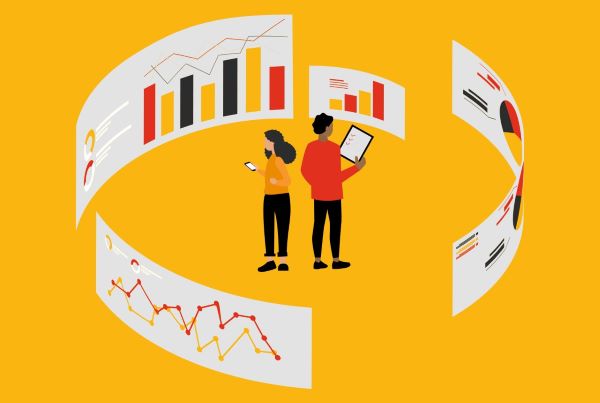{{item.title}}

This document highlights the key areas that might impact companies for the 31 December 2024 reporting season, including areas of focus for ASIC, general hot topics in the market, accounting changes from standard setting, regulatory changes and sustainability matters impacting financial reporting.
This document highlights the key areas that might impact companies for this December year-end reporting season. It summarises the areas of focus for ASIC, general hot topics in the market, accounting changes from standard setting and other regulatory changes.
New disclosures for supplier finance arrangements in 2024
In recent years, there has been an increased use of supplier financing (or reverse factoring) arrangements (SFAs) which provide companies with solutions for managing working capital. As the use of these solutions expands, it has become increasingly important that investors have transparency over the effect on a company’s liabilities, cash flows and exposure to liquidity risk.
Starting in 2024, IFRS® reporters will be required to provide additional disclosures about these arrangements to fulfil those investor needs.
Our In depth tells you what you need to know to account for supplier finance arrangements, and what information you need to start collecting to be ready for the new disclosure requirements.
Financial reporting for entities participating in the voluntary carbon market
Many entities are voluntarily choosing to purchase carbon offsets or credits as a method of ‘offsetting’ or ‘reducing’ the net emissions from their everyday activities, such as emissions arising from manufacturing, cloud services, transportation and energy usage. Carbonoffsets or credits purchased by companies might be reported as an offset to those emissions, or used to support statements that a company’s products can be labelled as ‘carbon-neutral’.
There are no accounting standards or IFRS interpretations that directly address the accounting for carbon offsets and related projects. In this In depth we address the key accounting considerations for the various counterparties that are participating in the voluntary carbon market.
There is also a podcast where Claire Howells and Gina Huang join Raihazah Shaikh to share their perspectives on the accounting for carbon offsets and related costs from the perspective of a purchaser and the perspective of a project developer.
Insurance
AASB 17 Insurance Contracts will replace AASB 4 Insurance Contracts, AASB 1023 General Insurance Contracts and AASB 1038 Life Insurance Contracts for annual periods beginning on or after 1 January 2023. AASB 17 will fundamentally change the accounting for insurance contracts within the scope of the standard. It will require the use of consistent measurement models based on current assumptions at a more granular level.
Investors and regulators are increasingly focusing on the impact of climate change and broader environmental, social and governance (ESG) matters on the financial statements. Our dedicated Environmental, Social and Governance (ESG) in IFRS website has technical guidance specifically focused on the effect of ESG matters on the IFRS financial statements.
The latest edition of our Value Accounts Holdings publication further discusses how climate change could affect certain measurements and the related disclosures in the financial statements.
Regulators and standard-setting bodies are responding to the stakeholder needs of credible and trusted environmental, social and governance (ESG) disclosures, and we are seeing rapid change in the ESG landscape with likely mandatory requirements in the near future.
On 12 January 2024, the Australian Treasury released the Exposure Draft Treasury Laws Amendment Bill 2024: Climate-related financial disclosure (Exposure Draft legislation). It builds off previous consultations focused on the Government’s objective to improve the transparency and comparability of information available to investors regarding Australian entities’ exposures to climate-related financial risks and opportunities as well as their plans and strategies in response to those exposures.
For further information about the status of the Australian proposals see our local ESG page. Information about the global developments (ISSB, EU, SEC) is on our dedicated Viewpoint ESG page.


Partner, Corporate Reporting Services, PwC Australia
Tel: +61 418 611 189


Partner, Accounting Consulting Services, PwC Australia
Tel: +61 3 8603 5371





